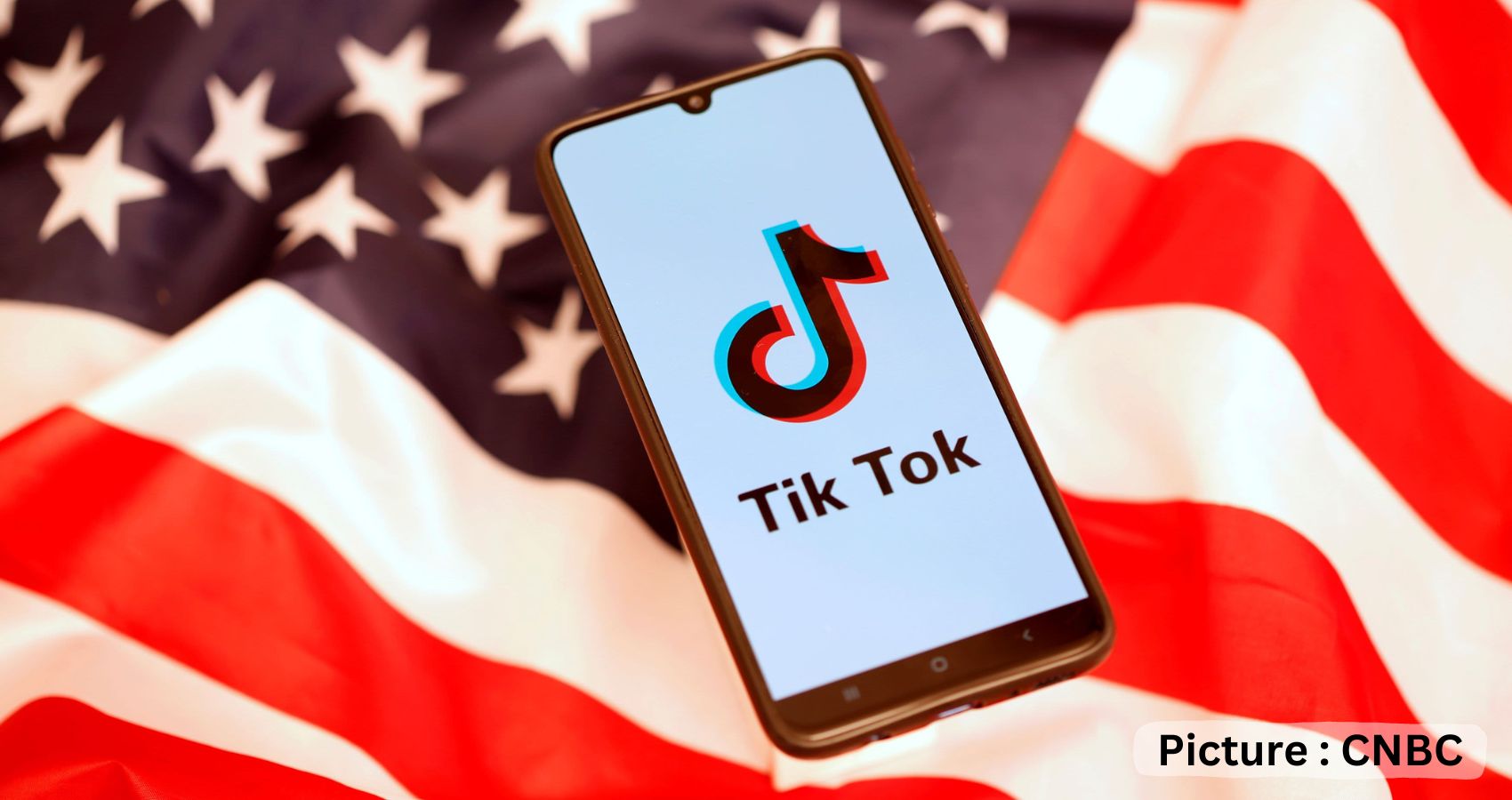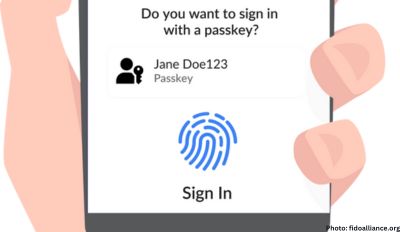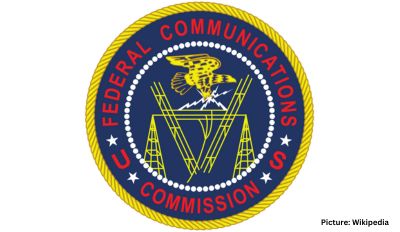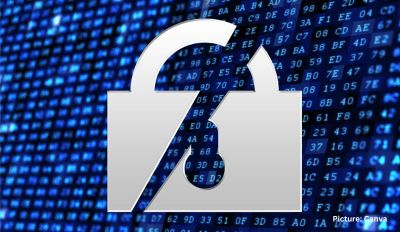Nearly two-and-a-half years after the Trump administration threatened to ban TikTok in the United States if it didn’t divest from its Chinese owners, the Biden administration is now doing the same.
TikTok acknowledged this week that federal officials are demanding the app’s Chinese owners sell their stake in the social media platform, or risk facing a US ban of the app.
The new directive comes from the multiagency Committee on Foreign Investment in the United States (CFIUS), following years of negotiations between TikTok and the government body. (CFIUS is the same group that previously forced a sale of LGBTQ dating app Grindr from Chinese ownership back in 2019.)
There’s a generational divide here, which is to be expected, considering younger Americans are more likely to use the app. Gen Z and Millennials, though they are split, are less likely to support a ban, and they are far less likely to see it as a national security threat.
Fifty-one percent of Gen Z/Millennials oppose banning TikTok, the most of any group, and just 27% see it as a major threat, the least of any group.
Biden has a precarious decision to make on TikTok. Ahead of his expected run for reelection, he has to balance whether to ban something the intelligence community clearly sees as a potential national security risk — or to finesse something less than a ban to stem the potential loss of support among a key voting demographic group that lives online.
Some in Washington have expressed concerns that the app could be infiltrated by the Chinese government to essentially spy on American users or gain access to US user data. Others have raised alarms over the possibility that the Chinese government could use the app to spread propaganda to a US audience. At the heart of both is an underlying concern that any company doing business in China ultimately falls under Chinese Communist Party laws.
Other concerns raised are not unique to TikTok, but more broadly about the potential for social media platforms to lead younger users down harmful rabbit holes.
Wait, didn’t all of this happen before?
If this latest development is giving you déjà vu, that’s because it echoes the saga TikTok already went through in the United States that kicked off in 2020, when the Trump administration first threatened it with a ban via executive order if it didn’t sell itself to a US-based company.
Oracle and Walmart were suggested as buyers, social media creators were in a frenzy, and TikTok kicked off a lengthy legal battle against the US government. Some critics at the time blasted then-president Donald Trump’s crusade against the app as political theater rooted in xenophobia, calling out Trump’s unusual suggestion that the United States should get a “cut” of any deal if it forced the app’s sale to an American firm.











